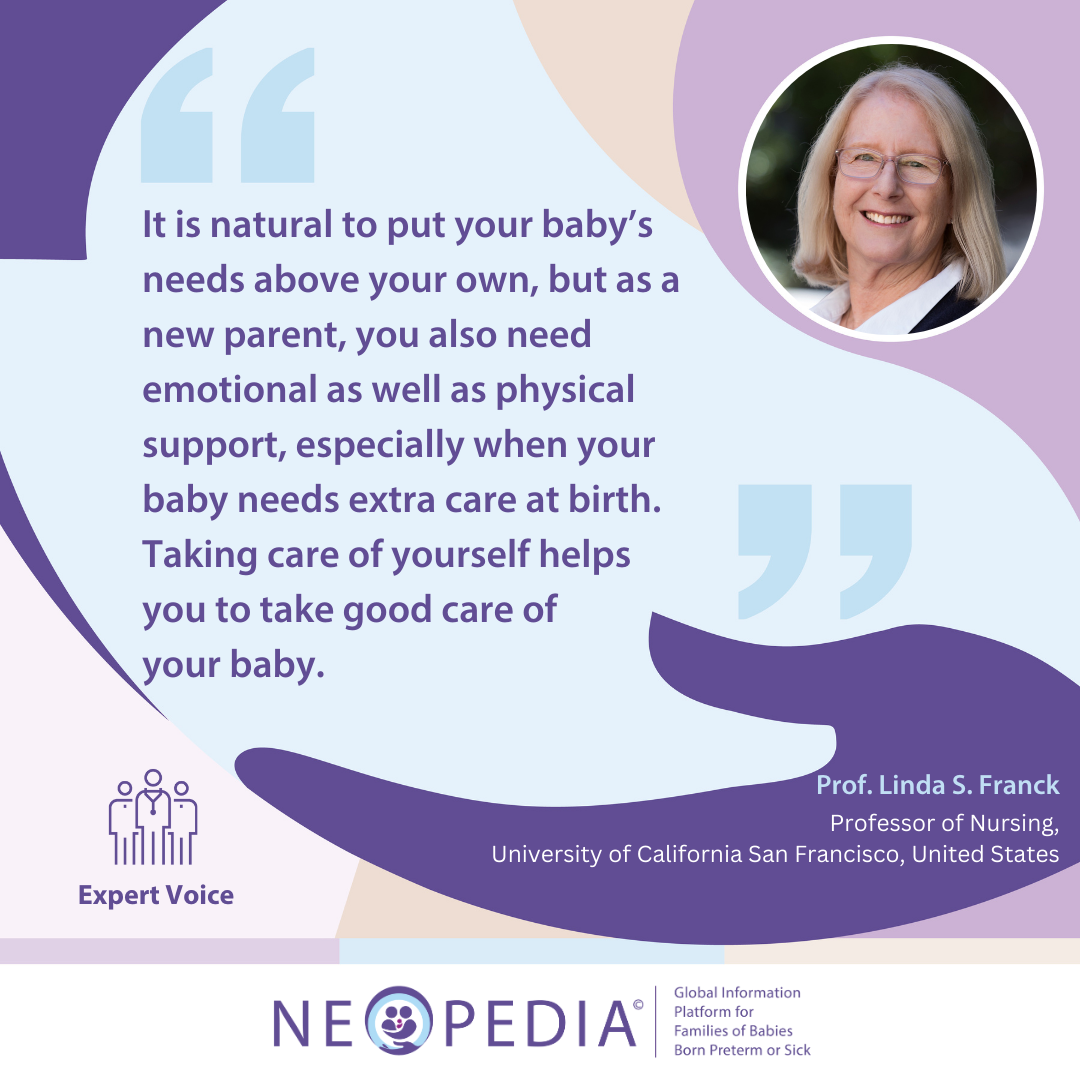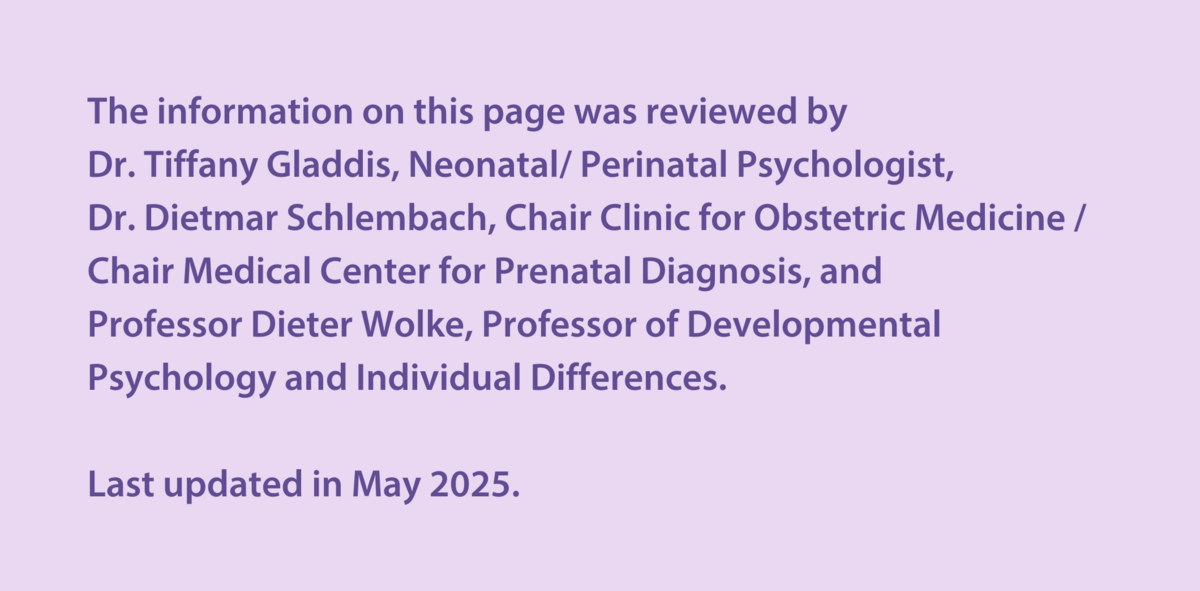
After having a baby, especially if you had a difficult pregnancy or birth, taking care of your own health is really important. Postpartum follow-up visits help to ensure your recovery is on track by keeping an eye on any problems that might have existed before or started during pregnancy.
Why these follow-up visits matter
Pregnancy puts a lot of strain on your body and can sometimes reveal hidden health problems. If you had complications like high blood pressure⍰ or gestational diabetes⍰, regular follow-up visits are even more crucial. These conditions can lead to long-term health issues like chronic high blood pressure, heart disease⍰, kidney problems, or type 2 diabetes⍰.
For example, women who had severe pre-eclampsia⍰ have a high chance of developing chronic high blood pressure within 20 years and may also face heart problems. Regular follow-up visits can spot issues early, manage risks, and start preventive care if needed.
Important areas for follow-up visits
Steps to improve long-term health
Overcoming barriers to follow-up care
Unfortunately, many mothers miss important follow-up appointments after giving birth. This may happen because of a lack of resources, fear, or simply not knowing how important these visits are. To help you attend these follow-up visits, healthcare providers suggest using reminders and clear communication to make sure you get the care you need.
Attending these follow-up visits helps you recover from pregnancy and childbirth and sets you up for a healthier future. Remember, looking after your health is an ongoing process, and follow-up visits are a key part of that.

